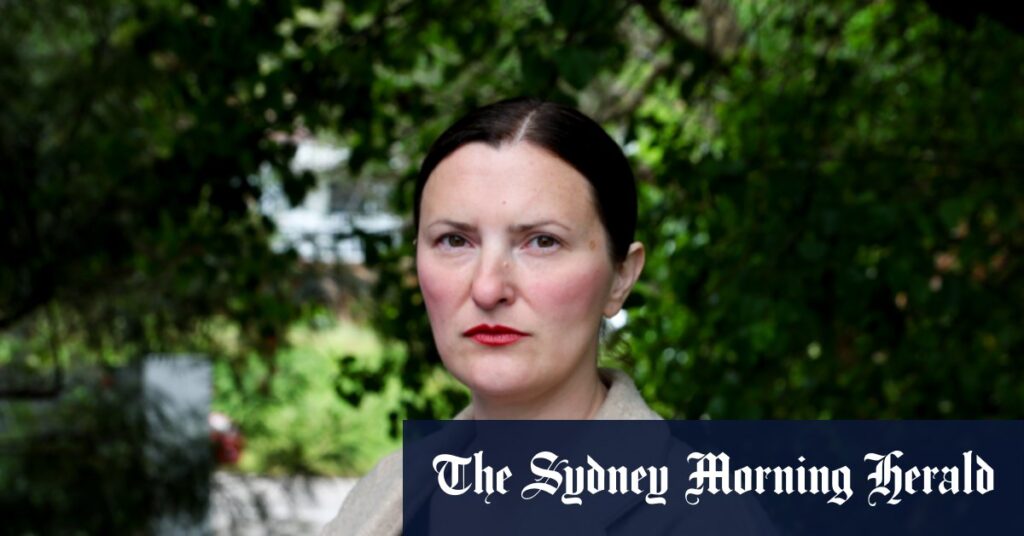Text messages between Sharni Sinclair and her employer the day after she was hospitalised for a septic uterus following a miscarriage.
During her second pregnancy in January 2018, she learned her 14-week fetus didn’t have a heartbeat and, on her 31st birthday, she had a procedure to remove the pregnancy tissue.
A month later, she was admitted to hospital for infected tissue and septic shock, where she said the legal team continued to check up on her work progress.
“There was the expectation that I could partially run matters from a hospital ward. I can’t express the pressure I felt after my last pregnancy to ‘press on’,” Sinclair wrote in her workers’ compensation submission.
Sinclair said she was constantly “on”: She had to monitor the drug court phone 24/7 for calls from clients and legal teams. By 2020, she had taken over the duties of the retired senior solicitor, and an administration staff member on leave and she was working well above her contracted part-time hours.
She said several members of management engaged in bullying and harassment tactics.
During the early days of the pandemic, public health orders required Sinclair to isolate after she became exposed to COVID-19. Her young daughter, who is immunocompromised, had to stay with her father, who had minimal custody. Despite the risk, she said staff were expected to continue working in person.
Four current and former colleagues have corroborated these incidents.
In October 2020, Sinclair resigned.
A Legal Aid NSW spokeswoman said the organisation complied with industrial relations laws to maintain a respectful, safe and inclusive workplace culture.
“When a complaint was made, we assessed it and did not find any misconduct,” the spokeswoman said.
In April 2023, Sinclair applied for work cover insurance for wages and medical expenses via government insurer icare, subcontracted to QBE.
She has been assessed as having 24 per cent impairment, entitling her to compensation, and she is unable to work.
Sinclair said the claims process has led to further trauma: There have been months’ delays in assessing paperwork, delayed payments, and incorrect sums affecting Centrelink payments and tax returns. She has had to undergo multiple psychiatric assessments.
“[It’s] white-anting, where they try to wear your foundations down in little bits,” Sinclair said.
Loading
QBE accepted provisional liability in July 2023, before revoking it in June 2024 two days after Sinclair had been released from psychiatric inpatient care at a private hospital following a suicide attempt.
“[It was] deplorable, cruel and unforgivable. It’s honestly lucky I’m alive,” Sinclair said.
Her funding was provisionally reinstated in September after Sinclair contacted ministers and escalated her complaint to the State Insurance Regulatory Authority and the Independent Review Office.
icare intervened, offering “sincerest apologies” and QBE withdrew its dispute. The claim is still subject to further assessment.
A QBE spokesman said it had reviewed Sinclair’s matter and that it was committed to improving.
“We acknowledge the claims experience fell short of the standards we aim to uphold,” the spokesman said.
An icare spokesman said significant resources had been invested into improving claims processes via new technology, extra staffing levels and enhancing escalation processes.
The NSW workers’ compensation scheme is a no-fault scheme in which employees are entitled to compensation without proving fault against the opposite party.
Read the full article here

